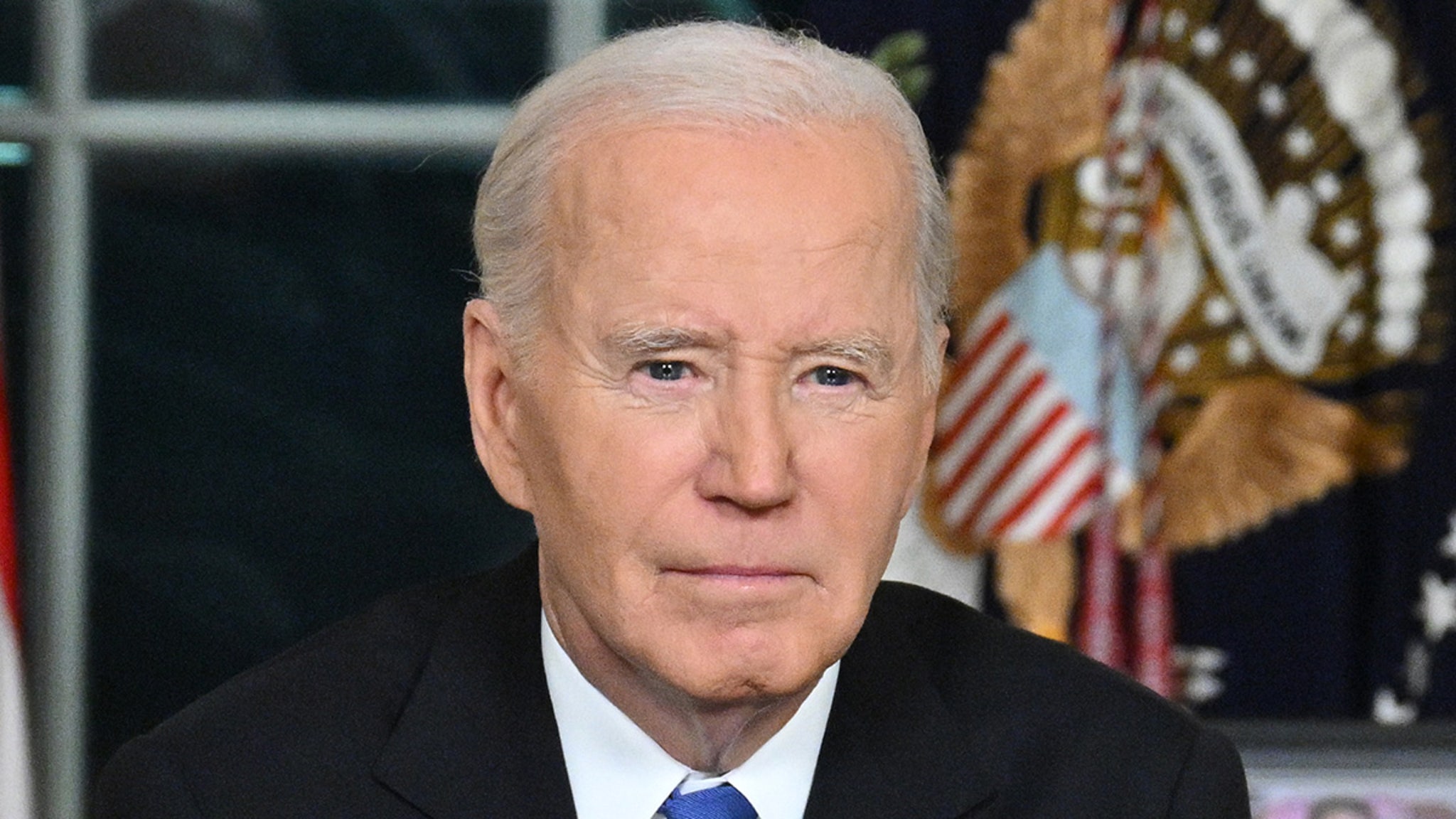Biden Begins Radiation Therapy for Aggressive Prostate Cancer: New Phase Marks Intensified Battle Against Metastatic Disease
In a poignant update that underscores the fragility of even the most resilient leaders, former President Joe Biden has commenced radiation therapy as part of an escalated treatment regimen for his aggressive prostate cancer, a diagnosis that has shadowed his post-White House life since May. At 82, Biden’s resolve shines through this “new phase,” blending cutting-edge hormone blockers with targeted beams to confront a foe that has already spread to his bones—offering hope amid the sobering reality of stage 4 disease.
The announcement, delivered Saturday by Biden spokesperson Kelly Scully, arrives on the heels of a quiet but determined fight. Diagnosed on May 18, 2025, with a Gleason score of 9—the highest tier of aggressiveness—Biden’s prostate cancer was found after routine checks for urinary issues revealed a nodule that had metastasized. “As part of a treatment plan for prostate cancer, President Biden is currently undergoing radiation therapy and hormone treatment,” Scully stated, emphasizing the hormone-sensitive nature of the tumor, which responds well to therapies that starve it of testosterone. Radiation sessions, expected to unfold over five weeks at a specialized facility near his Delaware home, aim to shrink metastatic spots in the bones while minimizing side effects like fatigue or urinary discomfort.
This isn’t Biden’s first brush with malignancy; his storied career was partly defined by the 2015 loss of son Beau to glioblastoma, fueling the Cancer Moonshot initiative that poured billions into research. Yet, prostate cancer remains a stealthy adversary, claiming over 34,000 American lives yearly, per the American Cancer Society. Biden’s case, hormone-responsive and caught before symptoms overwhelmed, aligns with advances that extend quality years—even for octogenarians. Urologists like Dr. Todd Morgan at Michigan Medicine note that such diagnoses in elders like Biden highlight screening’s value: PSA tests and biopsies can turn the tide, though debates rage over over-testing in seniors. “Most men with metastatic disease respond robustly, often for years,” Morgan explained, citing variability in spread—from isolated spots to widespread clusters—as key to prognosis.
Public reactions have poured in with bipartisan warmth, a rare balm in polarized times. President Donald Trump, once a fierce rival, posted on Truth Social: “Melania and I are saddened… Wishing Joe strength in this fight.” Even Rep. Marjorie Taylor Greene extended prayers, while former Vice President Kamala Harris shared a Delaware beach photo of the Bidens, captioning it, “Jill and Joe’s unbreakable spirit inspires us all.” On X, #BidenStrong trended with over 500,000 posts in hours, blending celebrity shoutouts from Oprah Winfrey—”Keep fighting, Joe”—to grassroots stories of survivors. Medical advocates, including the Prostate Cancer Foundation, hailed the transparency: “Biden’s openness destigmatizes late diagnoses, urging the 1 in 8 American men at risk to prioritize checkups.”
For U.S. readers, this hits at the intersection of health, legacy, and policy. Economically, Biden’s Moonshot legacy has funneled $4 billion into trials, slashing treatment costs by 15% for Medicare patients and bolstering biotech jobs in states like California and Pennsylvania. Lifestyle-wise, it spotlights aging in America: With baby boomers swelling senior ranks, prostate cancer screening rates have dipped to 40% post-pandemic, per CDC data, risking surges in late-stage cases that burden families with $100,000-plus annual therapies. Politically, it humanizes the ex-leader amid 2026 midterms chatter, reminding voters of his push for expanded ACA coverage that now shields 20 million from cancer bankruptcies. Technologically, innovations like PSMA-targeted PET scans—pivotal in Biden’s mapping—promise 30% better detection, fueling AI-driven diagnostics at hubs like Johns Hopkins.
User intent here skews toward empathy and empowerment: Americans seek not just updates on Biden’s radiation therapy journey, but actionable intel on spotting signs like frequent urination or bone pain, and navigating insurance for hormone treatments. Managing disclosure, Biden’s team balances candor with calm—verified via physician memos confirming “effective management”—to quash rumors without alienating supporters. As one oncologist quipped in a CNN interview, “It’s a marathon, not a sprint; hormone-sensitive cases like this buy time for breakthroughs.”
The road ahead blends vigilance with optimism: Radiation wraps by November, hormone pills continue indefinitely, and quarterly scans track progress. Biden, ever the fighter, told CNN in May, “The expectation is we’re going to beat this.” In a nation grappling with its own health battles, his words echo a broader call to resilience—prostate cancer awareness isn’t just policy; it’s personal.
By Sam Michael
Follow us and subscribe for push notifications to stay ahead of breaking health and political stories—your insights fuel the fight for better care.
